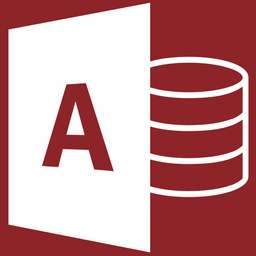Throwback Thursday: September 12, 2024
Today's edition of Throwback Thursday highlights my three most-used string functions: Conc(), Qt(), and Parse(), used to join words, quote words, and extract words.

With over a million words scattered across more than 1,300 articles on this blog, you've probably missed a few things here.
That’s why each week in "Throwback Thursday," we’ll revisit some standout posts. Expect a blend of my personal favorites, insightful articles from other great minds, and a touch of coding humor to keep things light.
Highlights from NoLongerSet.com
The articles below cover my three most-commonly used string functions in my everyday Access programming:
Conc(): used to concatenate two strings with a delimiter when both strings are non-zero length; this function lets you avoid the annoying (and error-prone) step of stripping off a trailing delimiter at the end of a loop

Qt(): wraps strings in double quotes for use in SQL statements; properly escapes embedded double quotes and avoids the errors associated with using single quotes when the literal string also contains single quotes (aka, the "O'Malley" problem)

Parse(): used to extract values from a multi-value key-value string, such as a typical connection string

Wisdom from Around the Web
Allen Browne's ParseWord() function:
Developer Humor
We’re willing to consider letting you apply!

Cover image generated by Ideogram

